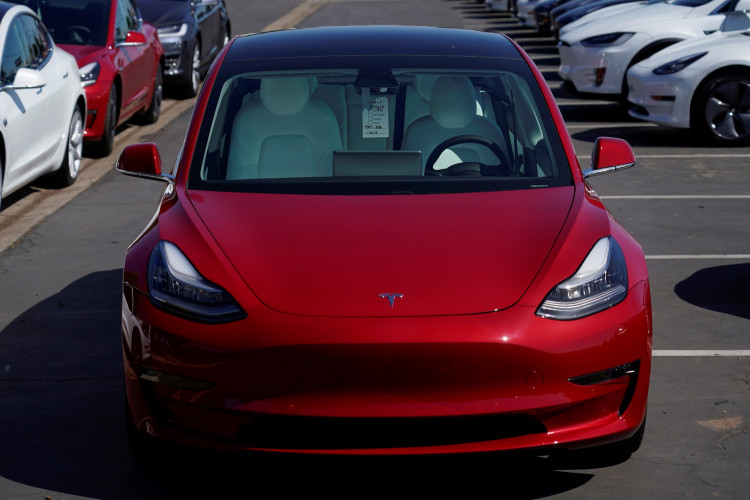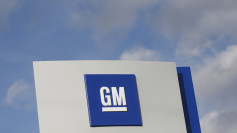The Tesla Smart Summon feature, rolled out with the firmware update V10.0 for all compatible Tesla came models, was designed for users' convenience but a week after the deployment, it was not a rosy picture for the carmaker. Now, it has caught the attention of the concerned U.S. regulatory agency.
Following reports of alleged misuse and near-accidents, the U.S. government is looking to probe Smart Summon, which allows Tesla car owners to drive their vehicles automatically from a parking spot to and collect them. This can be done by using a smartphone application.
Tesla characterized Smart Summon as the perfect tool to use "if you have an overflowing shopping cart, are dealing with a fussy child, or simply don't want to walk to your car through the rain." At the same time, however, the company warned that users must exercise caution in testing the feature.
"Those using Smart Summon must remain responsible for the car and monitor it and its surroundings at all times," the carmaker said on the feature release notes.
Notwithstanding the advisory, Smart Summon led to minor accidents that users have posted on social media sites. While there were instances that the feature behaved as expected, the experience was mostly a letdown, indicating too that Smart Summon was not ready for deployment.
According to CNBC, the U.S. National Highway Traffic Safety Administration (NHTSA) is stepping in and ready to investigate after receiving reports of the incidents involving Tesla's autopilot functionality, which evidently is in beta stage.
"NHTSA is aware of reports related to Tesla's Summon feature. We are in ongoing contact with the company, and we continue to gather information. Safety is NHTSA's top priority, and the agency will not hesitate to act if it finds evidence of a safety-related defect," the agency said in a statement.
Industry experts have expressed grave concern that the release of Smart Summon to the public was premature. Either the feature is still imperfect, which could lead to malfunctioning and eventually accidents, or car owners could be tempted to misuse it out of excitement.
"The implied unreliability is the 'troubling' aspect of this feature because there's already evidence that some people will not monitor the vehicle's progress. If it needs supervision, then it's irresponsible to give the drivers the opportunity to be remote from the vehicle when it's moving," Forbes quoted the Insurance Institute for Highway Safety (IIHS) as saying in a statement.
In addition, the Department of Motor Vehicles in California has indicated that Smart Summon has too many flaws to be considered an "autonomous technology." The state agency told Forbes that Tesla needs to issue a clear guideline on the feature and explain the technology's capabilities and limitations.






